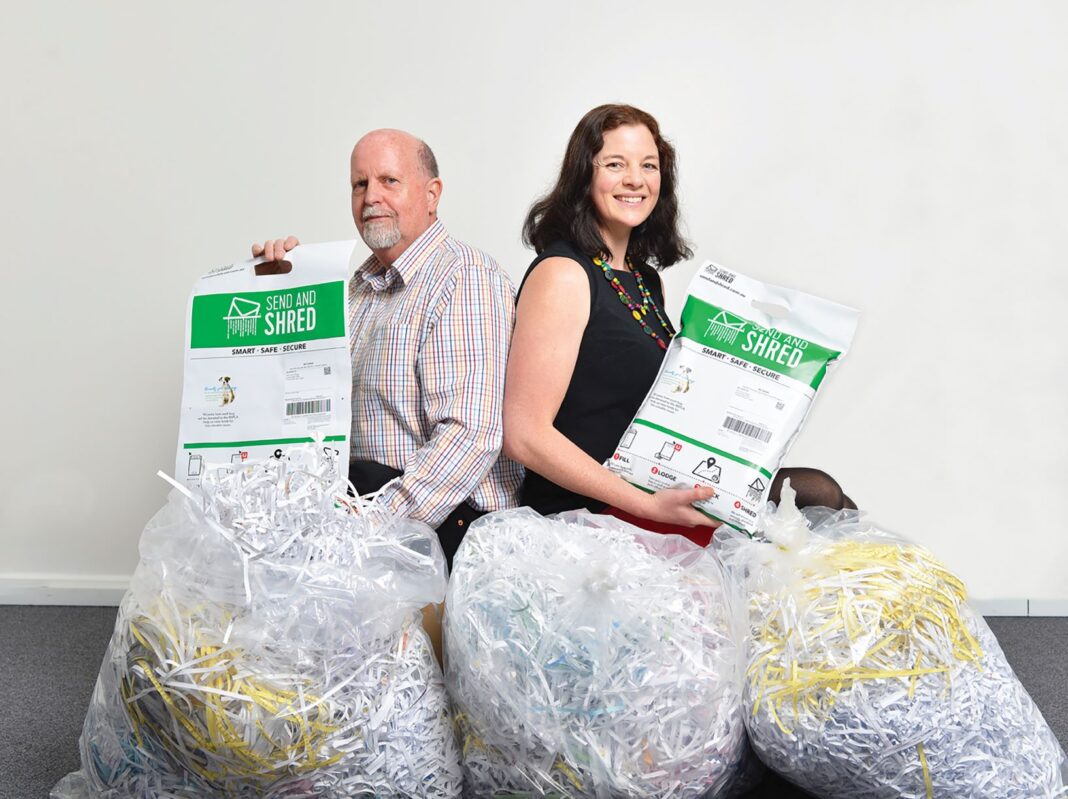Privacy Awareness Week is on 12-18 May, and the key message is ‘Don’t Be In the Dark’. Why not update yourself on the latest scams?
The ACCC reported 378,000 scams in 2018. It’s a 44% increase on 2017, consistent with crime trends that show property theft is dropping but identity theft is rising.
Officially, the scammers took almost half a billion dollars. The true cost is much higher because most scams aren’t reported. Victims are too embarrassed to come forward or worry they’ll be charged with money laundering or taking part in a pyramid scheme. Some don’t even realise they’ve been scammed.
TOP THREE SCAMS
1. Phishing. Phishers make cold calls or send generic emails hoping to catch someone. ‘Spear phishers’ are more precise, targeting a specific person using details they’ve gathered elsewhere.
2. Threats. The fake ATO con was a great example of the ‘threat’ scam. Victims received an automated call saying they owed tax and had to pay immediately to avoid arrest.
3. Identity theft. This is common to many scams. Criminals collect personal information to rip you off now, or sell it for crime down the track. As well as losing money, this can jeopardise your credit reports, bank accounts, superannuation and personal ID (like your licence).
HOW DO YOU SPOT A SCAM?
Scams change all the time so there’s no easy checklist, but there are red flags.
Is it odd? Online dating is normal, but it’s strange to give money to someone you’ve never met. People often buy things using BPay or credit cards, but you shouldn’t be asked for Bitcoin or a Google Play gift card as payment. Centrelink might contact you via the post or MyGov, but they won’t send a text or ask you to follow an unknown link.
Is it urgent or too good to be true? Any get-rich-quick scheme is a lose-money-fast scheme. Be wary if someone uses high-pressure tactics or offers big returns with low risk.
HOW CAN YOU AVOID IDENTITY THEFT?
- Don’t hand out personal details or post them on social media profiles.
- Empty your mailbox daily.
- Shred old paperwork or use a household shredding service, like Send and Shred.
- When in doubt about a deal or a date, check with your friends and family first. Remember, you’re better safe than scammed.
– Jo Clay, CEO of Send and Shred [sendandshred.com.au]
For more:


